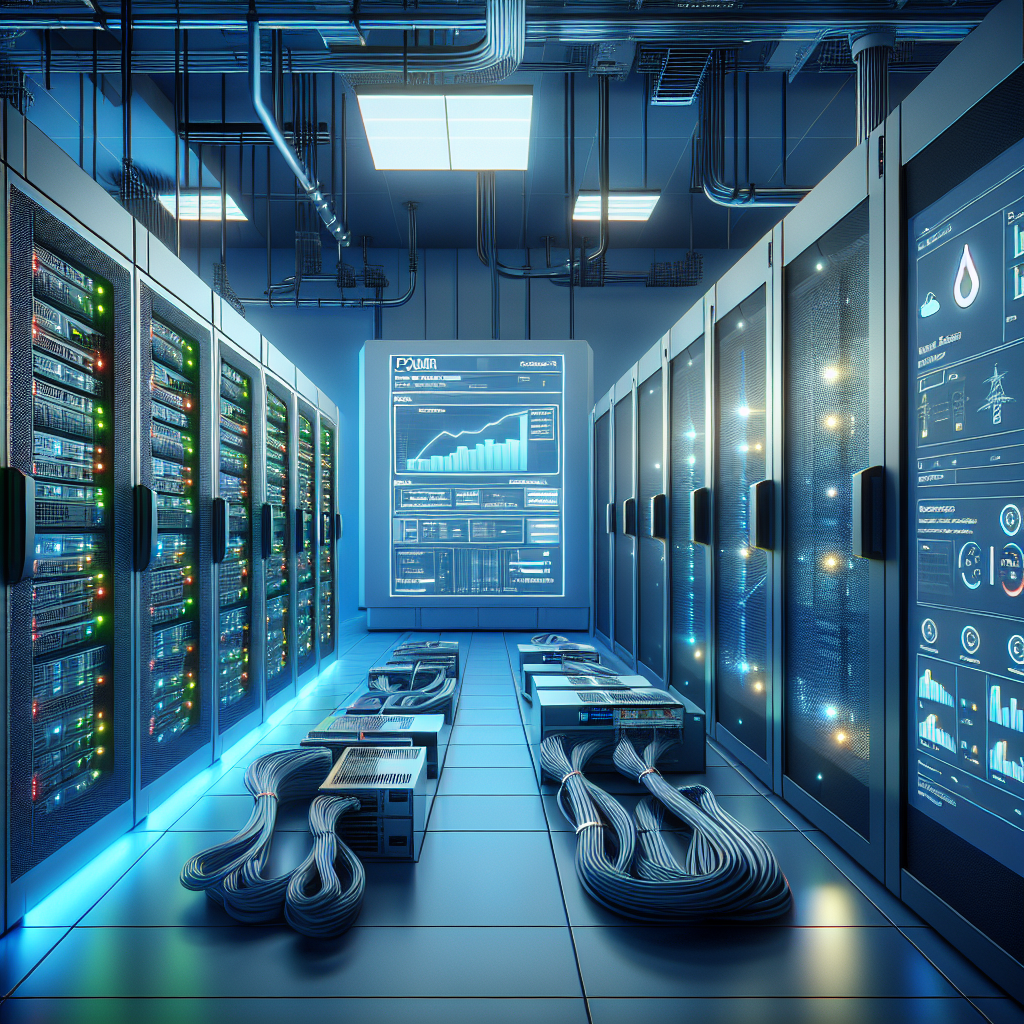Data centers are an essential part of modern society, housing the servers and equipment that store and process vast amounts of digital information. However, data centers are also notorious for their high energy consumption, with some facilities using as much electricity as a small town. As the demand for data storage and processing continues to grow, data center operators are under increasing pressure to find ways to reduce their energy usage and improve their overall efficiency.
One of the key tools that data centers can use to meet energy efficiency goals is an Uninterruptible Power Supply (UPS) system. UPS systems are devices that provide emergency power to a load when the input power source fails, ensuring that critical equipment remains operational during power outages or fluctuations. In addition to providing backup power, UPS systems also help data centers reduce their energy consumption in several ways.
First and foremost, UPS systems can help data centers improve their overall energy efficiency by providing power conditioning and protection. By regulating the voltage and frequency of the incoming power supply, UPS systems can help prevent power surges, spikes, and other electrical disturbances that can damage sensitive equipment and lead to energy inefficiencies. This not only helps protect valuable data and equipment but also ensures that the data center is operating at its optimal efficiency.
UPS systems also help data centers reduce their energy consumption by allowing them to operate in a more modular and scalable manner. By using multiple smaller UPS units instead of one large centralized system, data centers can more effectively match their power supply to their load requirements, reducing the amount of energy wasted on over-provisioning. Additionally, UPS systems can be configured to operate in different modes depending on the workload, further optimizing energy usage and efficiency.
Furthermore, UPS systems can help data centers reduce their environmental impact by enabling them to participate in demand response programs. By connecting their UPS systems to a smart grid or other energy management system, data centers can adjust their power usage in real-time based on electricity prices, grid conditions, and other factors. This not only helps data centers save money on their energy bills but also helps reduce strain on the grid and promote a more sustainable energy future.
In conclusion, UPS systems are an essential tool for helping data centers meet their energy efficiency goals. By providing backup power, power conditioning, and energy management capabilities, UPS systems can help data centers reduce their energy consumption, improve their overall efficiency, and reduce their environmental impact. As data centers continue to play a crucial role in our digital world, investing in UPS systems is a smart and sustainable choice for operators looking to optimize their operations and meet their energy efficiency goals.

Leave a Reply
You must be logged in to post a comment.